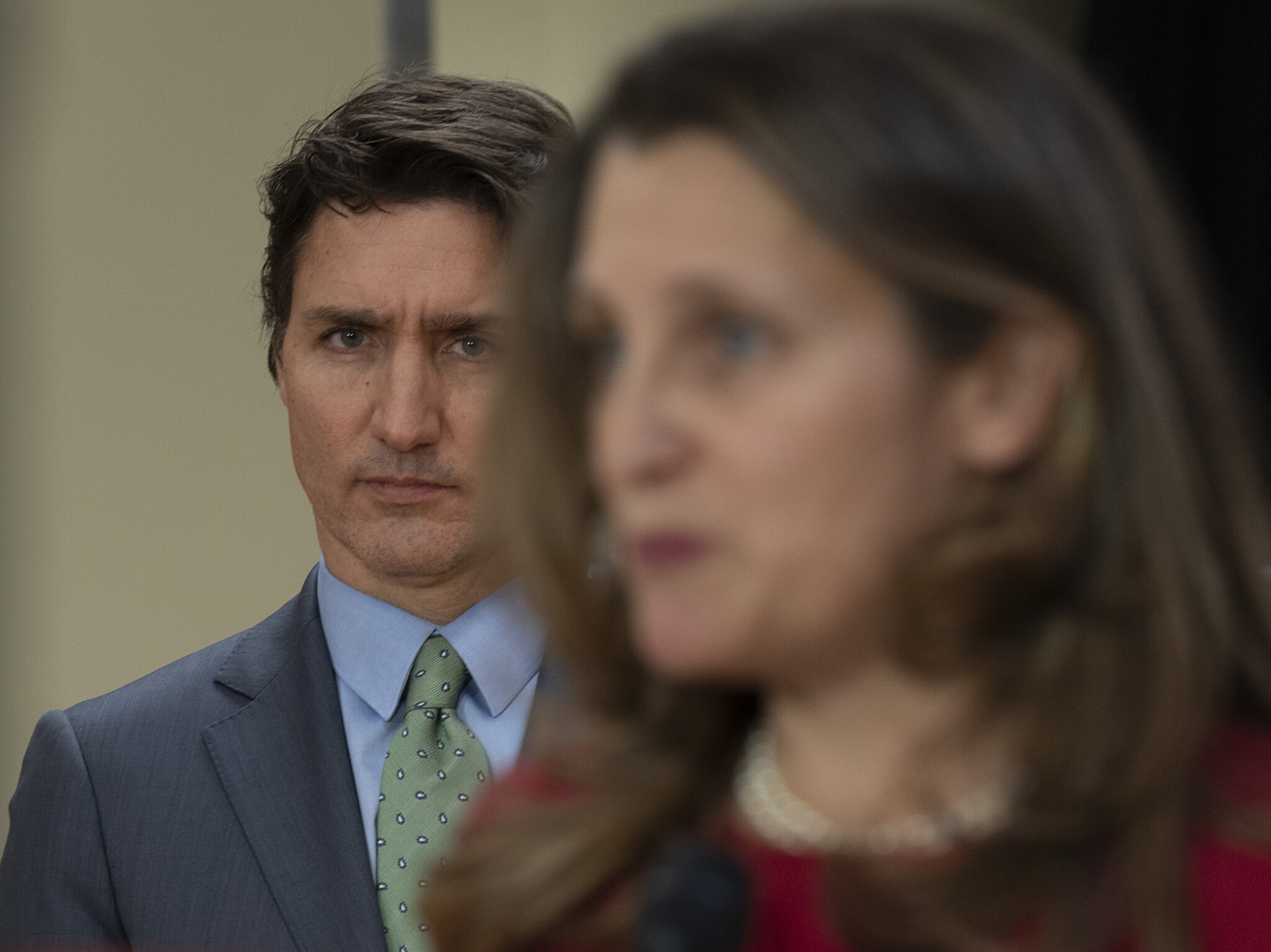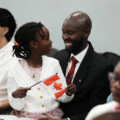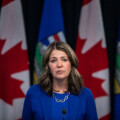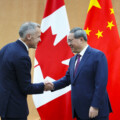Chrystia Freeland’s resignation from the cabinet of Prime Minister Justin Trudeau is not the first time a finance minister has stepped aside. But it is certainly one of the more dramatic resignations in a country that actually has a fairly significant history of them.
Cabinet resignations are not unprecedented—even ones as dramatic as what happened yesterday. One comparable cabinet departure happened during the dying days of John Diefenbaker’s government in 1963. In February of that year, with his minority government struggling, Diefenbaker called an emergency cabinet meeting at 24 Sussex Drive. The issue was nuclear warheads and American pressure on the government to finally make a decision on accepting them. The PM wanted to go to the polls, but one minister, Minister of Trade and Commerce George Hees, was against it and told him that would be a disaster. Cabinet was in a surly mood.
After Diefenbaker demanded a show of loyalty, he got enough support to carry on. Barely. Douglas Harkness, his defence minister, resigned as a result of Diefenbaker’s dithering.
The departure of Harkness was front-page news.
Two days later, the Diefenbaker government was defeated in a vote of non-confidence. Behind the scenes, there was plenty of cabinet dissension (as there must be now in the Trudeau cabinet) and two more ministers resigned the same week.
Resignations by the minister of finance carry a particularly strong wallop because of the importance of the position. Twenty-two years ago in 2002, Prime Minister Jean Chrétien and Paul Martin, his finance minister, had a serious falling out. I “got quit” was how Martin characterized his resignation/firing.
Another memorable resignation by a finance minister came in 1975 when John Turner resigned from the cabinet of Pierre Trudeau. “To Ottawa, the resignation of a cabinet minister is important,” the CBC noted in its news report. “The resignation of a John Turner is an event.” The resignation of a Chrystia Freeland is equally an event.
Unlike Freeland, however, Turner’s letter did not outline specific policy disagreements. CBC called it “terse and enigmatic.” The word on the street, though, was that Turner was upset with the policy direction of the Trudeau government and preferred more spending restraint. Sound familiar?
Environment Minister Lucien Bouchard’s resignation from the cabinet of Brian Mulroney in 1990 shook the ground, especially given the national unity stakes at a time when the Meech Lake Accord was on life support. Freeland’s departure is different and comes at a moment of grave weakness for the Trudeau government given its minority status and dreadful standing in the polls. The timing was clearly calculated to inflict maximum pain.
One thing is clear from this resignation. Relationships are essential in running a successful cabinet. Diefenbaker was a poor manager of personnel. It appears that Justin Trudeau also has a weakness in building strong connections with his cabinet. He already lost his first finance minister, Bill Morneau, who wrote in his memoir that Trudeau’s “inability or lack of interest in forging relationships with those critical to his and his government’s success—me and as far as I could tell, the rest of his cabinet—was a management issue that caused repeated difficulties.”
As Maya Angelou once said, “when someone shows you who they are, believe them the first time.”
A final note on how a prime minister might effectively axe a minister. Making a lame offer on a Friday is not that smart. If Trudeau really wanted Freeland gone, it would have been better “twere it done quickly.” That is what William Lyon Mackenzie King did during the 1944 conscription crisis. The prime minister was at odds with his defence minister, J.L. Ralston, who had twice offered to resign in previous years. As the 1944 crisis reached its apex, King pulled out the old letter from Ralston and said he now accepted it. Ralston was out.
One minister called it “the most cold-blooded thing I have ever seen.” As for Mackenzie King, he wrote in his famous diary that “It was a scene I shall never forget, nor will those who were present.”
Freeland’s resignation, while not unprecedented, won’t soon be forgotten either.











